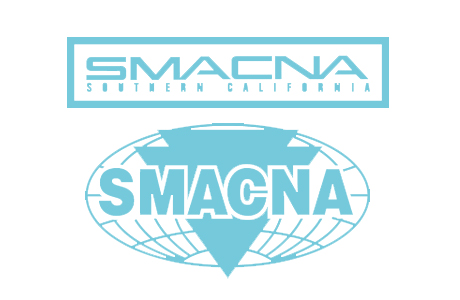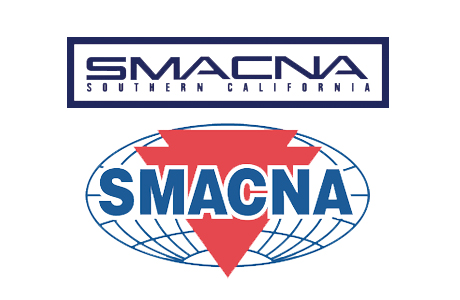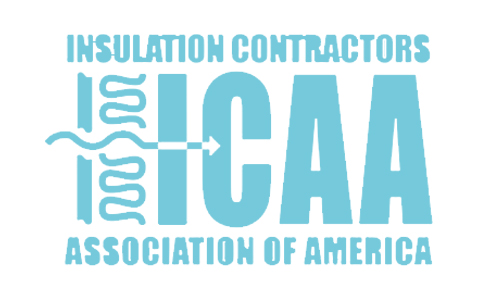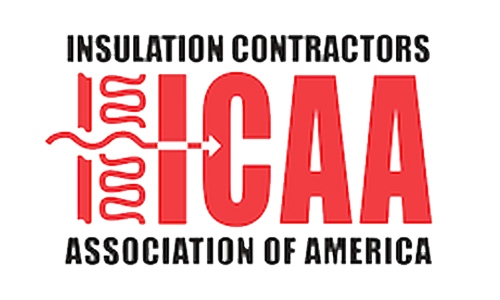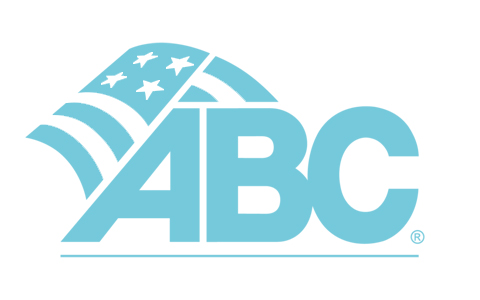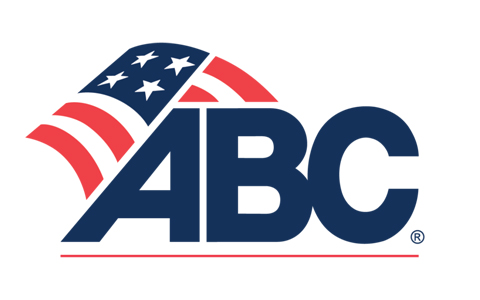Over the past twenty (20) years, a great deal of confusion has developed as to the difference between the term “Pay if Paid” and “Pay when Paid”. In fact the two phrases are used interchangeably to such an extent, very few contractors or subcontractors are able to distinguish between the two. Following the California State Supreme Court decision in WM. R. Clarke Corporation v Safeco Insurance Company of America Case, it is imperative that everyone understand the difference between these two provisions and their relationship to construction contracts.
Pay When Paid
Twenty five years ago, in Yamanishi v. Bailey & Collishaw, Inc., (1972) 29 Cal. App.3d 457, the California Appellate Court upheld the Pay-when-Paid clause as valid and enforceable. However, the court clearly stated the contractor may avoid payment for a reasonable period of time only. In the Yamanishi case, the contract contained a clause which indicated that the subcontractor would be paid when the general contractor was paid by the owner. The court analyzed this clause as determining the timing of payment rather than creating a complete bar to payment if the owner never paid the general contractor.
The question of what is a reasonable amount of time during which payment may delayed is a question of fact which depends upon the circumstances of each contracting situation. While many subcontractors would like to have the question of reasonableness quantified more precisely and frequently ask whether 60 days, 180 days or even one year could be considered reasonable, this term simply defies black and white answers and will turn on the factual situation and arguments available in each separate case. The important point is – once a reasonable time has passed, the contractor must pay the subcontractor regardless of his receipt of funds from the owner.
The Yamanishi court indicated that a condition precedent clause which actually barred the right to payment by the subcontractor unless the general contractor was paid by the owner, would require clear and express language to this effect in the contract. Thus, the condition precedent or pay if paid wording frequently used today developed out of the reasoning in the Yamanishi opinion.
Pay if Paid (also know as Condition Precedent)
On June 27, 1997, the California State Supreme Court invalidated “Pay if Paid” clauses in construction subcontracts in California. To quote the court:
“a general contractor’s liability to a subcontractor for work performed may not be made contingent on the owner’s payment to the general contractor…”
“We…conclude that a pay if paid provision is void because it violates public policy that underlies the antiwaiver provisions of the mechanic’s lien laws.”
As a result, the language frequently seen in construction subcontracts, that payment to the general contractor is a condition precedent to the general contractor’s obligation to pay the subcontractor for work preformed, is no longer enforceable in California. Additionally, the court ruled that a payment bond surety may not claim the failure of the owner to pay the general contractor for work, as a basis for nonpayment to the subcontractor on payment bonds.
As quoted above, the basis for the court’s holding that “pay-if-paid” clauses in construction subcontracts are against public policy and unenforceable stems from the indirect waiver or forfeiture of lien rights in the event of nonpayment by the owner which could result from enforcement of the clause. This contractual waiver is in contravention to Civil Code §3262 which prohibits waiver of mechanic’s liens without payment and use of the appropriate statutory form.
The net effect of this recent California State Supreme Court decision is the contractor must pay the subcontractor whether or not the owner pays the contractor and regardless of what is in the contract.
Conclusion
All of the above can be stated simply: “Pay if Paid” or “Condition Precedent” clauses which would relieve the general contractor of its obligation to pay the subcontractor if the owner failed to pay the general contractor are currently void and unenforceable. The “Pay when Pay” clause is valid and allows the general contractor to delay payment to the subcontractor for a “reasonable” time while awaiting payment from the owner.
This article is intended to provide the reader with general information regarding current legal issues. It is not to be construed as specific legal advice or as a substitute for the need to seek competent legal advice on specific legal matters.





